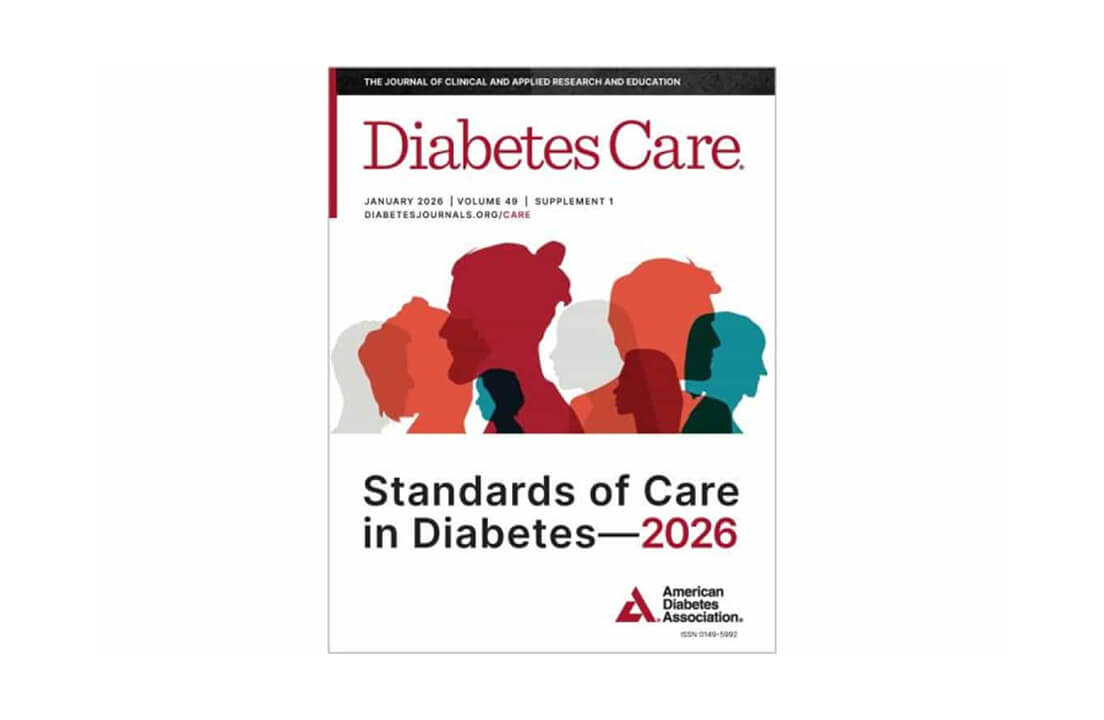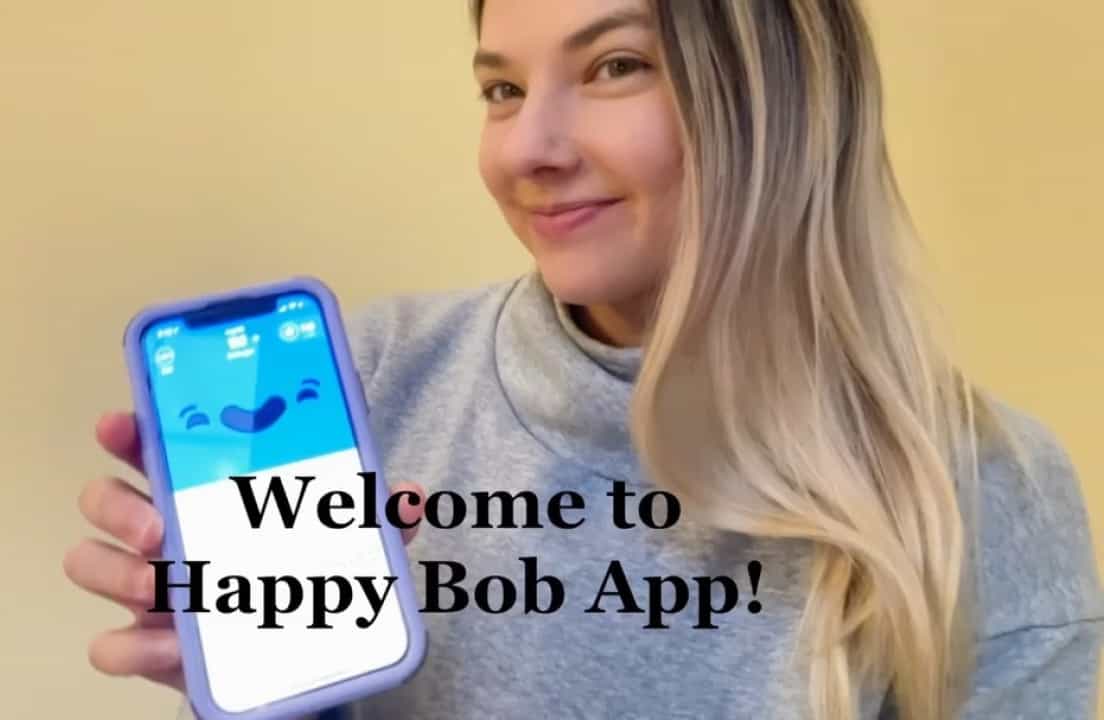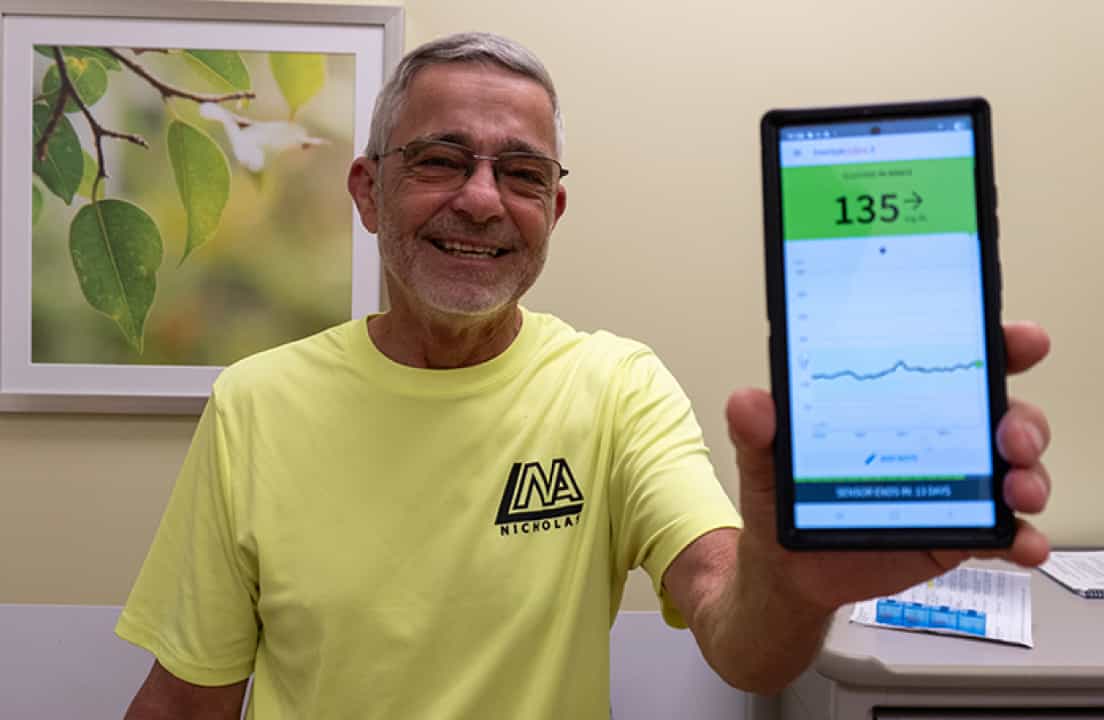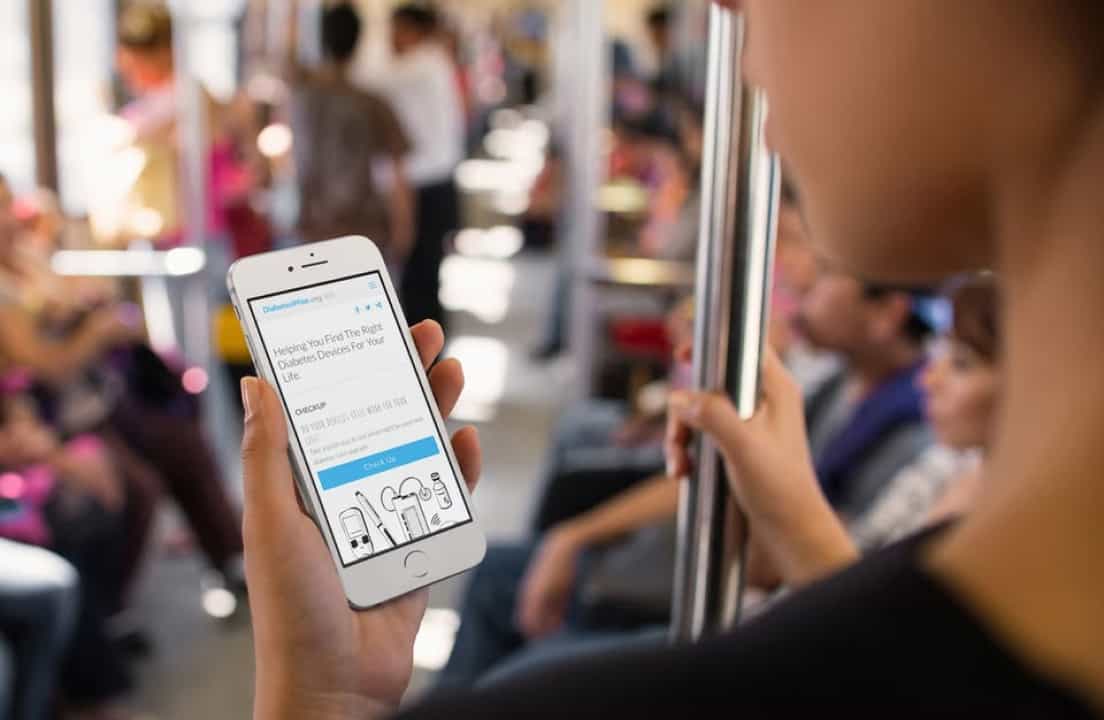T1D Guide
T1D Strong News
Personal Stories
Resources
T1D Misdiagnosis
T1D Early Detection
Research/Clinical Trials
Heading to College with Type 1 Diabetes - What I've Learned
Returning to college or starting academic life away from home for the first time can be a stressful and exciting experience. But, for those living with type 1 diabetes, there can be added challenges to consider when planning on leaving for school.

I wanted to offer some of the things that helped me adapt to life in college while living with type 1 diabetes (T1D).
Your Back-to-School To-Do List
Starting a new college term comes with a variety of things to get a hold of as the school year swings into gear. But, as you collect your required textbooks and organize your notebooks for this chapter of your life, consider adding a few of these to your to-do list to make living with diabetes in college a bit easier.
Connect with Your School Health Office
Whether you’re moving across the country to attend a university or staying in your hometown, it’s good practice to familiarize yourself with the medical staff at your school’s health office. This can be as informal as a quick email letting you introduce yourself or even a set appointment in person once you arrive on campus.
When I moved to Portland from California for college, I emailed my health center before arriving and met with them in person within the first week. As my normal endocrinologist and general practitioner were still back in California, I felt a lot safer about my health, knowing I had contacts with the health center and that they knew my background in case anything happened.

This can also be a great opportunity to get in contact with your school’s accommodation and accessibility services. I connected with my accommodations and accessibility office on my campus before the start of my first semester. I was able to get the appropriate accommodations (my doctor suggested) implemented right as the school year started.
Communicate with Your Professors
The method by which a university communicates a student’s disabilities to their professors may vary. Still, I chose personally to let all my professors know at the start of each term (usually by the second or third week) that I had type 1 diabetes. If you have accommodations developed by your school’s accessibility services, they may have an internal way of communicating your outlined needs to your professor — or they may require you to be responsible for letting your professors know and receive your accommodations.
Regardless of this, I found it to be best practice to let my professors know in person from me that I have type 1 diabetes so as not to be alarmed by, well, my alarms (Dexcom going off in class again, anyone?) or if I snack in class or come in late.
Letting them know early on became very helpful during the rest of the term, as my professors knew my situation. This made things like stepping out of a lecture, being late to class or even missing class for medical reasons much easier to explain.
The Importance of Communication
It’s essential to always be in communication with your professor, though. For example, during times when I would be late to class due to waiting for my blood sugar to rise before walking across campus, I’d be sure to shoot a quick email to my professor so they knew I would need a little extra time getting to class that day, allowing me to take my time and not rush myself as my body worked to catch up.
As a staunch academic and avid school-lover, allowing myself time to recover even when I should be in class has been an important lesson for me, and communicating with my professors helps me relax just that extra bit — when I need to take a day to myself.
Just remember: Living with type 1 diabetes is like living with a built-in full-time job. Managing a steady blood sugar, combatting highs and lows and dealing with the general physical and mental toll a life with a chronic illness can have on you is not light work, and it’s okay to place your health and your needs above your academics.

Communicate with your Roommate/Suitemates!
If you’re moving into on-campus housing or in with a new group of students, letting the people you’re living with know that you have type 1 diabetes is vital for your general safety.
Now look, I get it. I can be a very independent person. I know that I get bothered by the idea of someone having to worry about or manage my condition. And while that’s all very noble of me, it can also lead to disregarding genuine help when I actually need it.
In my first year of college, I was worried about my roommate feeling pressured to care for me because I had T1D. I resented the idea that I could be a burden to this total stranger — and at the start, I was resistant to even letting her know I was living with type 1.
It wasn’t until later that I began dismembering those ideas around independence and getting help. I learned that even if diabetes feels like a burden to me, it doesn’t make me a burden to other people.
Explaining to the people you live with what to do if your blood sugar goes too low, how to notice signs of low or high blood sugar and what to do if you faint or have a medical emergency is not a burden; it’s asking for help, and that’s something you shouldn’t be ashamed of.
College Life Essentials
Mini Fridge
A staple of any dorm room is the classic mini fridge. While great for storing perishable snacks or keeping drinks cool, the mini-fridge is essential for people living with T1D to store their insulin. A personal mini fridge has the bonus of being close by and in a non-shared, safe place.
Some schools may allow for more than one mini fridge in a dorm room if you explain the medical need for one. In my dorm room back in college, my roommate and I shared a mini fridge for food while I kept a second smaller mini fridge on my desk to store my insulin.
Pro Tip: Talk to your endocrinologist about writing a list of your required accommodations, such as a designated space to store your medicine.
Medical ID
Even if you’ve told your professors and roommates about having type 1 diabetes, moving away to college also means you’ll be on your own in a new space, probably a lot more than you’re previously used to. College is all about independence, and while things like a continuous glucose monitor (CGM) or insulin pump can help with that added independence, a medical ID bracelet, necklace, or even medical alert tattoo can be just one more measure to ensure your safety if something were to go wrong while you’re on your own.
Before leaving for college, I ordered a small bracelet off Etsy that read “type 1 diabetes” as well as a medical symbol on it so if something were to happen while I was alone, paramedics would be able to see that I had type 1 and act accordingly.

Snacks for Lows
Now that your insulin is safely stored away and you can let people know about your condition, it’s time to stock up on your favorite low carb snacks to store all around your dorm room.
For me, I liked using apple juice boxes or squeezable applesauce as they were fast ways to consume sugar that didn’t make much noise if I went low in the middle of the night (to be fair, though, if my roommate didn’t wake up to my Dexcom beeping I’m sure opening a bag of fruit snacks wouldn’t do much to wake them).
Also, having type 1 diabetes is a great excuse to buy copious amounts of candy under the guise of “medical expenses.” Personally, I kept an additional bowl of candy on my desk during my freshman year for both my own medical needs and as a way to keep new friends coming back to my dorm.
Pro Tip: A foolproof way to become popular? Lots of candy.
Final Thoughts
College can be a confusing, scary and extremely fun time for any young person, and living with type 1 diabetes doesn’t have to take away from any of the crazy, exciting things that can happen while going away for school. Like anything in life with diabetes, being prepared will be your best friend.

So, prepare for low blood sugar, prepare for insulin storage and accommodations, but also prepare for the unexpected — prepare for tailgates and sports games, for finals and parties, for lifelong friends and for mentors to step into your life.


.webp)





.webp)
.jpg)

.jpg)
.jpeg)
.jpg)
.webp)

.jpg)


.jpg)
.jpg)
.jpg)


.jpg)


.jpg)
.jpg)

.jpg)


.jpg)

.jpg)

.jpg)





.jpg)
.jpg)
.jpg)
.jpg)




.jpg)

.jpg)
.jpg)
.jpg)
.jpg)
.jpg)



.jpg)

.jpg)
.jpg)
.jpg)
.jpg)
.jpg)
.jpg)
.jpg)
.jpg)

.jpg)
.jpg)
.jpg)
.jpg)
.jpg)

.jpg)
.jpg)
.jpg)


.jpg)

.jpg)
.jpg)
.jpg)
.jpg)
.jpg)

.jpg)
.jpg)



.jpg)
.jpg)
.jpg)

.jpg)
.jpg)




















.webp)